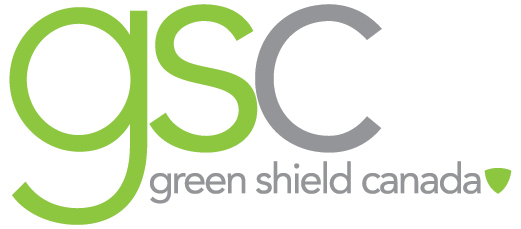404
Oops! Page not found
This page does not exist or has been moved. Try using our navigation or site search to find what you're looking for, or return home.
We've launched our new GreenShield brand! Check out our new integrated health services site here →

This page does not exist or has been moved. Try using our navigation or site search to find what you're looking for, or return home.